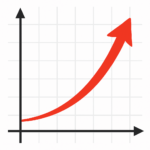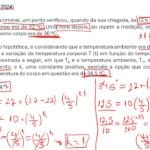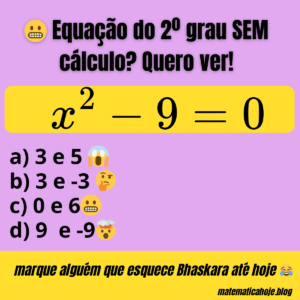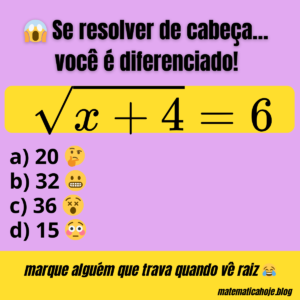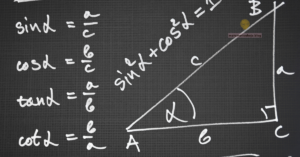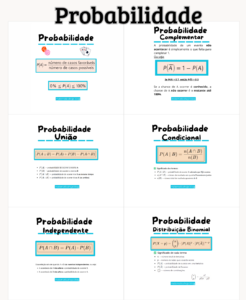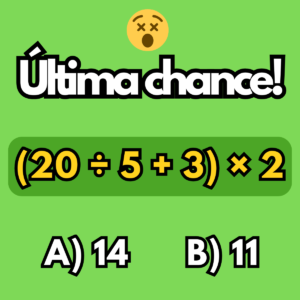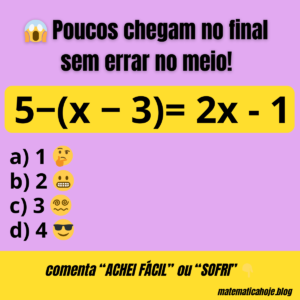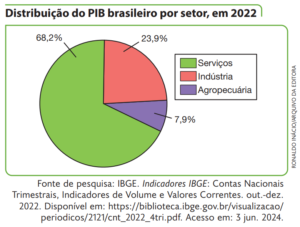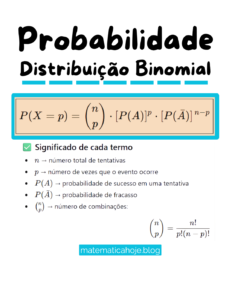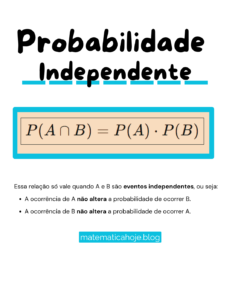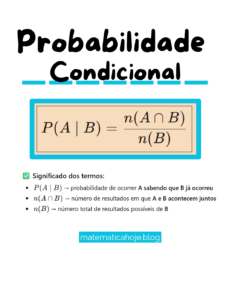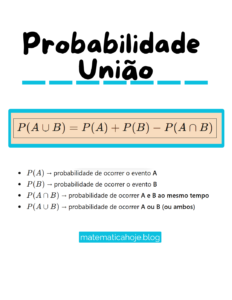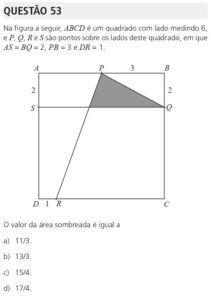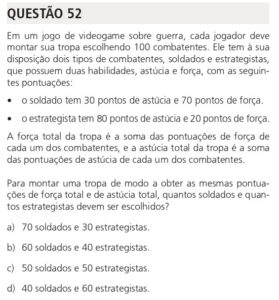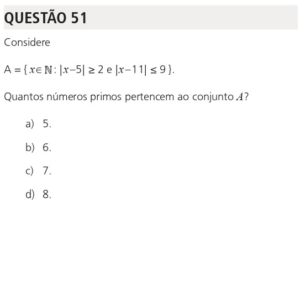Questão 27. Seja uma função definida por \( f(x) = 5^{2x – 1} \), com \( x \in \mathbb{R} \). Determine \( x \) para que:
- a) \( f(x) = 125 \)
- b) \( f(x) = 1 \)
- c) \( f(x) = 0 \)
- d) \( f(x) = \dfrac{1}{5} \)
🔍 Ver solução passo a passo
🔎 Entendendo o enunciado:
Temos uma função exponencial \( f(x) = 5^{2x – 1} \) e queremos determinar os valores de \( x \) para diferentes valores da função.
a) \( f(x) = 125 \)
Sabemos que \( 125 = 5^3 \). Assim:
$$ 5^{2x – 1} = 5^3 \Rightarrow 2x – 1 = 3 \Rightarrow x = 2 $$
b) \( f(x) = 1 \)
Sabemos que \( 1 = 5^0 \). Então:
$$ 5^{2x – 1} = 1 \Rightarrow 2x – 1 = 0 \Rightarrow x = \frac{1}{2} $$
c) \( f(x) = 0 \)
A função exponencial nunca assume valor 0, pois a base \( 5^{2x – 1} \) é sempre positiva:
$$ \nexists x \in \mathbb{R} \mid 5^{2x – 1} = 0 $$
d) \( f(x) = \frac{1}{5} \)
Sabemos que \( \frac{1}{5} = 5^{-1} \). Assim:
$$ 5^{2x – 1} = 5^{-1} \Rightarrow 2x – 1 = -1 \Rightarrow x = 0 $$
✅ Conclusão:
- a) \( x = 2 \)
- b) \( x = \frac{1}{2} \)
- c) Não existe valor real de \( x \) tal que \( f(x) = 0 \)
- d) \( x = 0 \)



